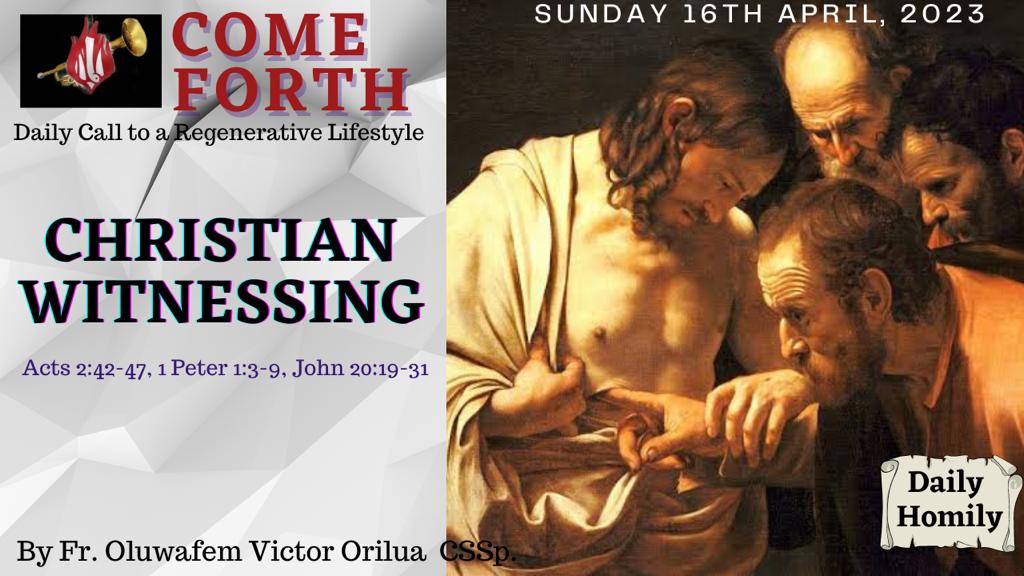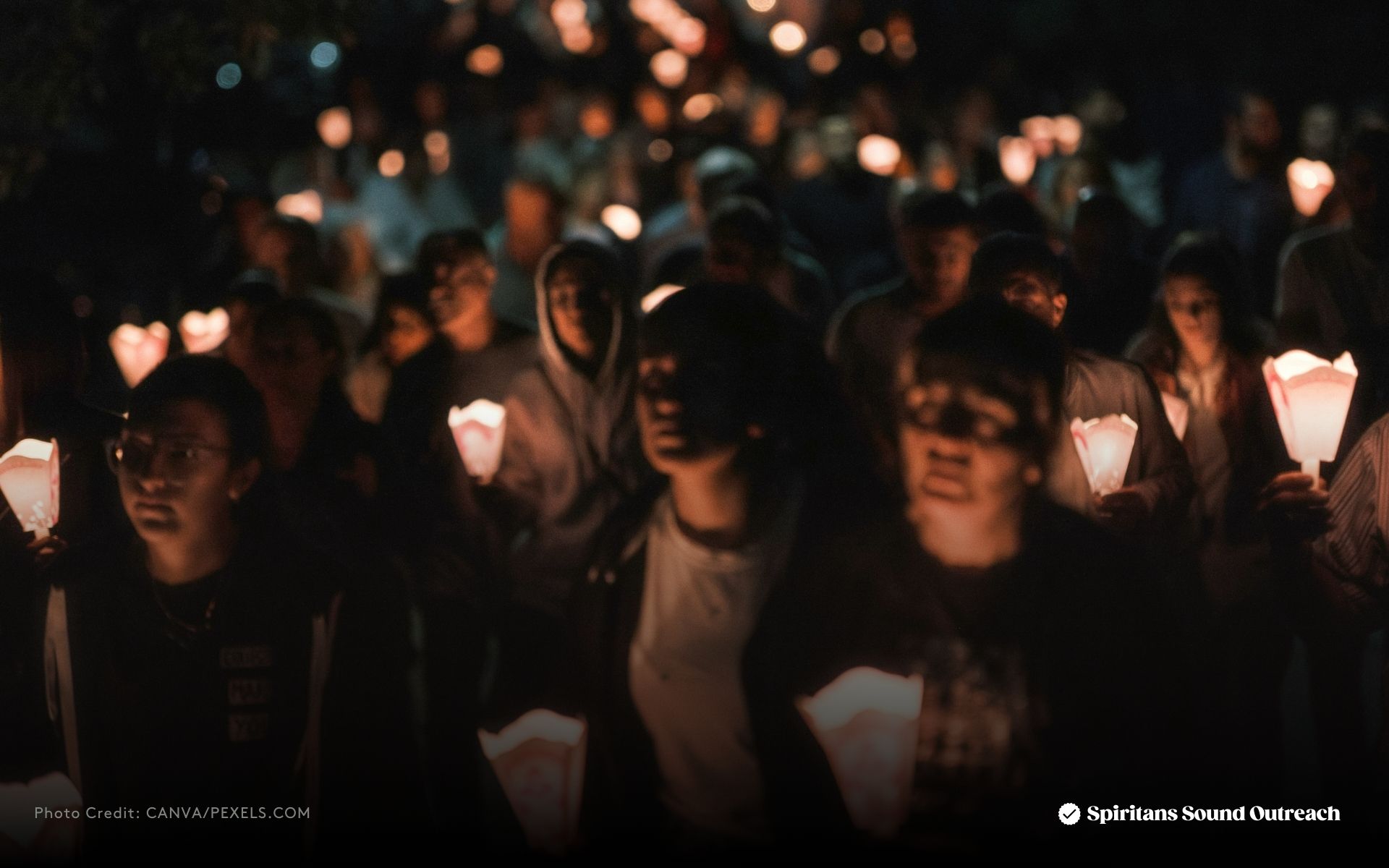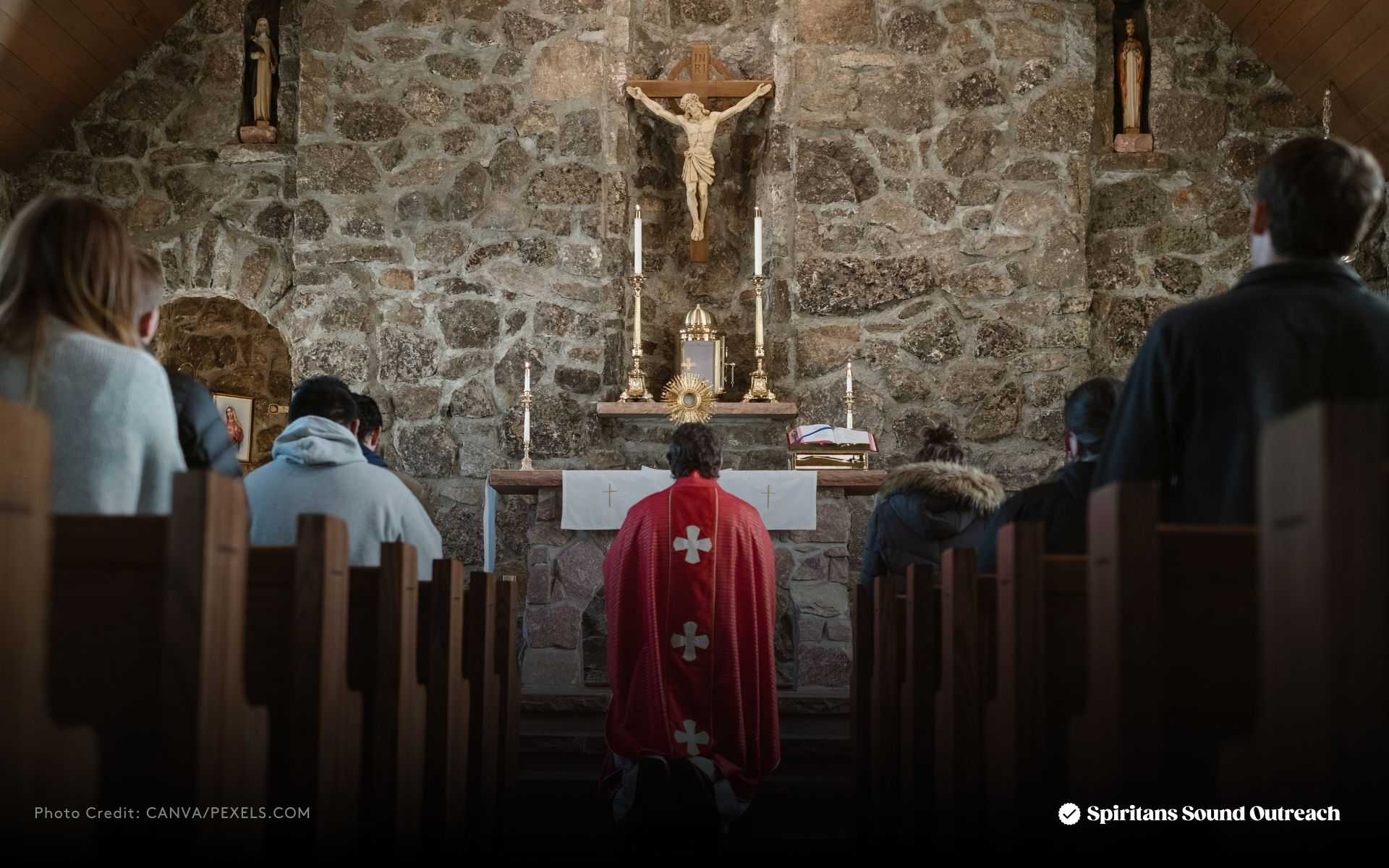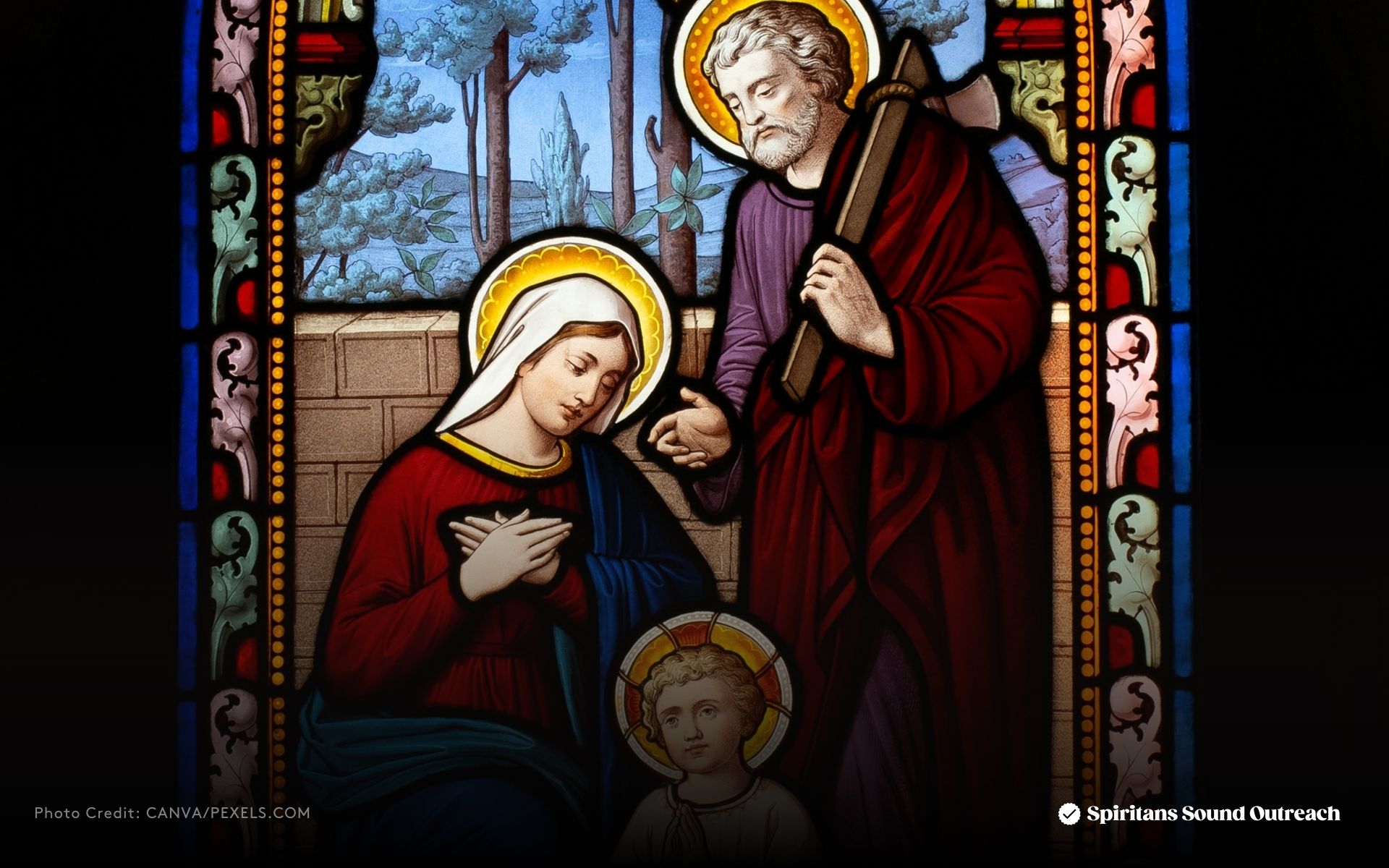HOMILY FOR THE SECOND SUNDAY OF EASTER (DIVINE MERCY SUNDAY) YR. A BY REV FR EKESHIRI JUDE EMEKA CSSP.
THEME: THE MERCY OF GOD IS ETERNAL (John 20:19-31).
Dear friends, today being the second Sunday of Easter is termed the divine mercy Sunday. It is a day the Church wants to teach us about the very nature of God as merciful. The DIVINE MERCY SUNDAY was officially designated by Pope John Paul II on April 30, 2000, on the Canonization of Sr Maria Faustina Kowalska a Polish Catholic Religious Sister & Mystic.
This Sunday of the divine mercy is really significant in the sense that God’s mercy on us was evident in God sending Jesus His only son to die for our sake and to rise from the dead in His resurrection.
The Christian God is often known by His merciful nature as is evident in the parable of the prodigal son. Jesus taught us through this parable that, despite our rebellious actions against God through our sins, God is never angry with us because we are His creatures, the works of His hands. He is always waiting for us to return back to our senses through repentance. He continues to run outside like the Father in the parable to search and to see if we are really returning back to Him.
In the first reading, the whole community of believers remained faithful to the teachings of the apostles about the life, death and resurrection of Jesus. They all owned everything in common; they sold their goods and possessions and shared out the proceeds among themselves according to what each one needed. This formed a bond among the disciples and those who came to believe in Jesus. This community of believers gives us an example of what an authentic Christian life should be like. A life of sharing and communion.
In the second reading, St Peter speaks about God’s mercy by God sending Jesus His only son to take the nature of human beings, to die and to rise from death life just to save us. This is the hope we have as Christians, the hope of rising from the dead at the last day. The hope of the final restoration for the righteous.
He emphasizes that, this is a cause of great joy; though we may have been plague by sufferings and trials for a short time for believing in Jesus but because we hoped and have faith in the resurrection, we shall never be disappointed. He says again that, “You did not see him, yet you love him; and still without seeing him, you are already filled with a joy so glorious that it cannot be described, because you believe; and you are sure of the end to which your faith looks forward, that is, the salvation of your souls” (1 Peter 1:3-9). Our faith draws us closer to God even without having any visible vision about God, we still believe in His merciful love upon us.
The gospel of today speaks about Jesus’s appearance in the midst of His apostles. This time, He not only appeared to them but gave them the power to forgive sins when he says, peace be with you. Receive the Holy Spirit. For those whose sins you forgive, they are forgiven; for those whose sins. for those whose sins you retain, they are retained” (John 20:19-31). Thomas who first doubted the news about the resurrection of Jesus is no longer in doubt about the power of Jesus but came to confess in faith that Jesus is our Lord and our God. We are encouraged to move away from doubt to faith. A faith that is more than mere belief by physical evidence but by a true supernatural reality. Jesus also gave the apostles the authority to forgive sins as we see above. The priest shares in this apostolic succession of authority.
Here, we see the origin of the priestly authority to forgive sins because Jesus has given them the authority to do so. Our priests represents Jesus in person (in Persona Christi) in dispensing His mercy to those who comes to Him in the confessional through these words, through the ministry of the Church and I absolve you of your sins in the name of the Father and of the Son and of the Holy Spirit.
If this is so, then why are we afraid to come to God in the confessional to seek for His pardon and forgiveness? Why are we refusing to beg Him for forgiveness and to reconcile with Him. However, you must know that, God does not look at the weight of our sins, neither is He interested on the number of sins that we have committed. He is more interested in our souls than our sins. Why are you afraid to come to Him? It does not matter how often you come to Him, He is never tired of welcoming us back to Himself. He is ever ready to wipe away our sins when we repent from them with perfect contrition. God expects that we come to our senses like the prodigal son and come back to Him in perfect resignation and not to go back to our sins anymore.
Do not be afraid to come to God in the sacrament of confession. He is our Father and we are His Children. His name is mercy and He is ever loving. He is always waiting for you and I to make an effort to come close to Him. He will never turn you down when you try. Just try Him. Do not be scared because of the weight of your sins for they are in the past now. Your sins cannot scare God. Test and see that the Lord is good and merciful. Peace be with you.








